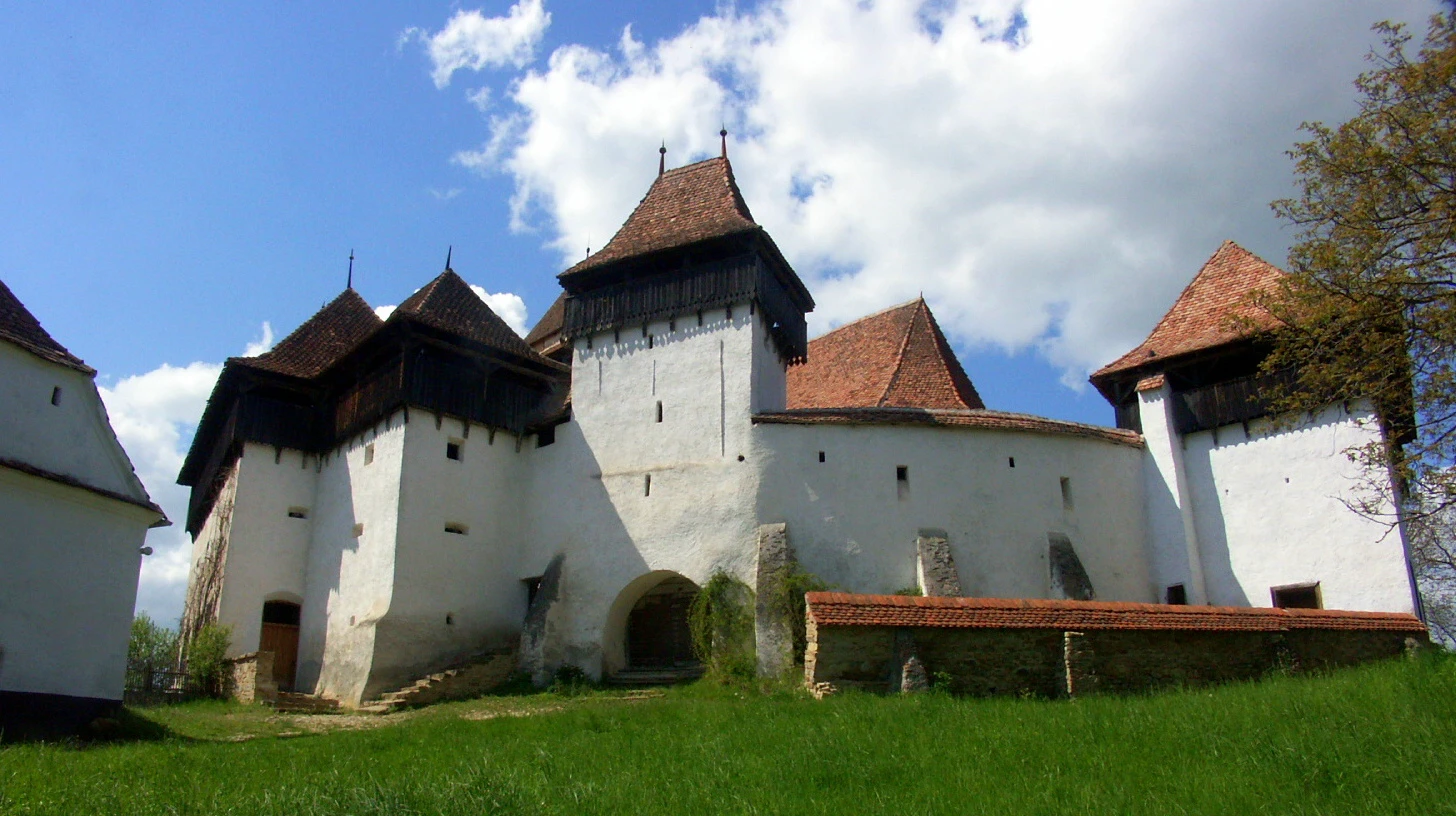Let’s Drone Out is a light-hearted and chatty drone focused podcast. Recorded live and interactively every Thursday 8-9 pm UK time on YouTube, come join the interactive chat. Jack and his wife Tony, as well as the rest of the LDO crew are here to bring noobs and pros together. Tune in every Thursday at 8:00PM UK time for the latest on tech, events, news, interviews and a behind the scenes look into the hobby. LEGAL NOTICE: Any views expressed by any guests on this show are personal and may ...
…
continue reading
Inhalt bereitgestellt von Prussian Socialism Podcast. Alle Podcast-Inhalte, einschließlich Episoden, Grafiken und Podcast-Beschreibungen, werden direkt von Prussian Socialism Podcast oder seinem Podcast-Plattformpartner hochgeladen und bereitgestellt. Wenn Sie glauben, dass jemand Ihr urheberrechtlich geschütztes Werk ohne Ihre Erlaubnis nutzt, können Sie dem hier beschriebenen Verfahren folgen https://de.player.fm/legal.
Player FM - Podcast-App
Gehen Sie mit der App Player FM offline!
Gehen Sie mit der App Player FM offline!
Prussian Socialism Episode 22: The German Settlement of Transylvania
Manage episode 348507421 series 3358918
Inhalt bereitgestellt von Prussian Socialism Podcast. Alle Podcast-Inhalte, einschließlich Episoden, Grafiken und Podcast-Beschreibungen, werden direkt von Prussian Socialism Podcast oder seinem Podcast-Plattformpartner hochgeladen und bereitgestellt. Wenn Sie glauben, dass jemand Ihr urheberrechtlich geschütztes Werk ohne Ihre Erlaubnis nutzt, können Sie dem hier beschriebenen Verfahren folgen https://de.player.fm/legal.

You have heard of America’s Wild West… but what about Europe’s Wild East?
In the 1100s, several hundred Western Europeans came to Transylvania at the invitation of the Hungarian king, Geza II. Their mission: to secure the Carpathian Mountains against the attacks of the horse-archer peoples of the Eurasian Steppe.
Over the next four centuries, they built castles, churches and cities, holding the south-easternmost outpost of Western Christendom. Briefly vassals of the Turks, they returned to the Hapsburg fold after the 1683 siege of Vienna and played a crucial role in the politics of Austro-Hungary and later Romania.
The settlers—known as the Transylvanian Saxons—were reinforced by later inflows of colonists from northern Germany and the Low Countries. By the 1930s, they numbered 300,000.
The Transylvanian Saxons are just one piece of a larger, millennium-long tale of settlement, trade, and conquest—the Drang nach Osten, the “Push to the East”. Starting in the 1100s, Germanic peoples pushed eastward into the Baltic, the Balkans and even farther afield. They brought cities and agriculture to the sparsely populated and disorganized East. Their movements surged and ebbed throughout the centuries, but by the 1700s, Germanic settlements reached as far as the Volga.
Unlike the later sea-borne expansions of the Spanish, Portuguese and others, it is almost unknown in the English-speaking countries.
Join Greg Conte and Fash the Nation’s Jazzhands McFeels for a discussion of this little-known but highly consequential history. Jazzhands brings not only knowledge, but also relates his own experiences in Saxon Siebenbürgen—the land of the seven cities.
Books mentioned:
Migrating Memories Romanian Germans in Modern Europe by James Koranyi.
Die deutsche Ostsiedlung im Mittelalter by Charles Higounet.
(No English version available. Originally published in French as Les Allemands en Europe centrale et orientale au Moyen Age)
End-song: Oostlandlied, text by Jaap van Kersbergen. This song—a favorite of the Dutch SS—was based off of the “Lied der Ostlandfahrer” a medieval folk-song about migrating eastward.
See der Spiegel "Nach Ostland wollen wir reiten": https://archive.ph/T84sP#selection-5043.4-5043.26
And here: https://nl.wikipedia.org/wiki/Oostlandlied
Image: Kirchenburg Deutsch-Weisskirch
40 Episoden
Manage episode 348507421 series 3358918
Inhalt bereitgestellt von Prussian Socialism Podcast. Alle Podcast-Inhalte, einschließlich Episoden, Grafiken und Podcast-Beschreibungen, werden direkt von Prussian Socialism Podcast oder seinem Podcast-Plattformpartner hochgeladen und bereitgestellt. Wenn Sie glauben, dass jemand Ihr urheberrechtlich geschütztes Werk ohne Ihre Erlaubnis nutzt, können Sie dem hier beschriebenen Verfahren folgen https://de.player.fm/legal.

You have heard of America’s Wild West… but what about Europe’s Wild East?
In the 1100s, several hundred Western Europeans came to Transylvania at the invitation of the Hungarian king, Geza II. Their mission: to secure the Carpathian Mountains against the attacks of the horse-archer peoples of the Eurasian Steppe.
Over the next four centuries, they built castles, churches and cities, holding the south-easternmost outpost of Western Christendom. Briefly vassals of the Turks, they returned to the Hapsburg fold after the 1683 siege of Vienna and played a crucial role in the politics of Austro-Hungary and later Romania.
The settlers—known as the Transylvanian Saxons—were reinforced by later inflows of colonists from northern Germany and the Low Countries. By the 1930s, they numbered 300,000.
The Transylvanian Saxons are just one piece of a larger, millennium-long tale of settlement, trade, and conquest—the Drang nach Osten, the “Push to the East”. Starting in the 1100s, Germanic peoples pushed eastward into the Baltic, the Balkans and even farther afield. They brought cities and agriculture to the sparsely populated and disorganized East. Their movements surged and ebbed throughout the centuries, but by the 1700s, Germanic settlements reached as far as the Volga.
Unlike the later sea-borne expansions of the Spanish, Portuguese and others, it is almost unknown in the English-speaking countries.
Join Greg Conte and Fash the Nation’s Jazzhands McFeels for a discussion of this little-known but highly consequential history. Jazzhands brings not only knowledge, but also relates his own experiences in Saxon Siebenbürgen—the land of the seven cities.
Books mentioned:
Migrating Memories Romanian Germans in Modern Europe by James Koranyi.
Die deutsche Ostsiedlung im Mittelalter by Charles Higounet.
(No English version available. Originally published in French as Les Allemands en Europe centrale et orientale au Moyen Age)
End-song: Oostlandlied, text by Jaap van Kersbergen. This song—a favorite of the Dutch SS—was based off of the “Lied der Ostlandfahrer” a medieval folk-song about migrating eastward.
See der Spiegel "Nach Ostland wollen wir reiten": https://archive.ph/T84sP#selection-5043.4-5043.26
And here: https://nl.wikipedia.org/wiki/Oostlandlied
Image: Kirchenburg Deutsch-Weisskirch
40 Episoden
Alle Folgen
×Willkommen auf Player FM!
Player FM scannt gerade das Web nach Podcasts mit hoher Qualität, die du genießen kannst. Es ist die beste Podcast-App und funktioniert auf Android, iPhone und im Web. Melde dich an, um Abos geräteübergreifend zu synchronisieren.




